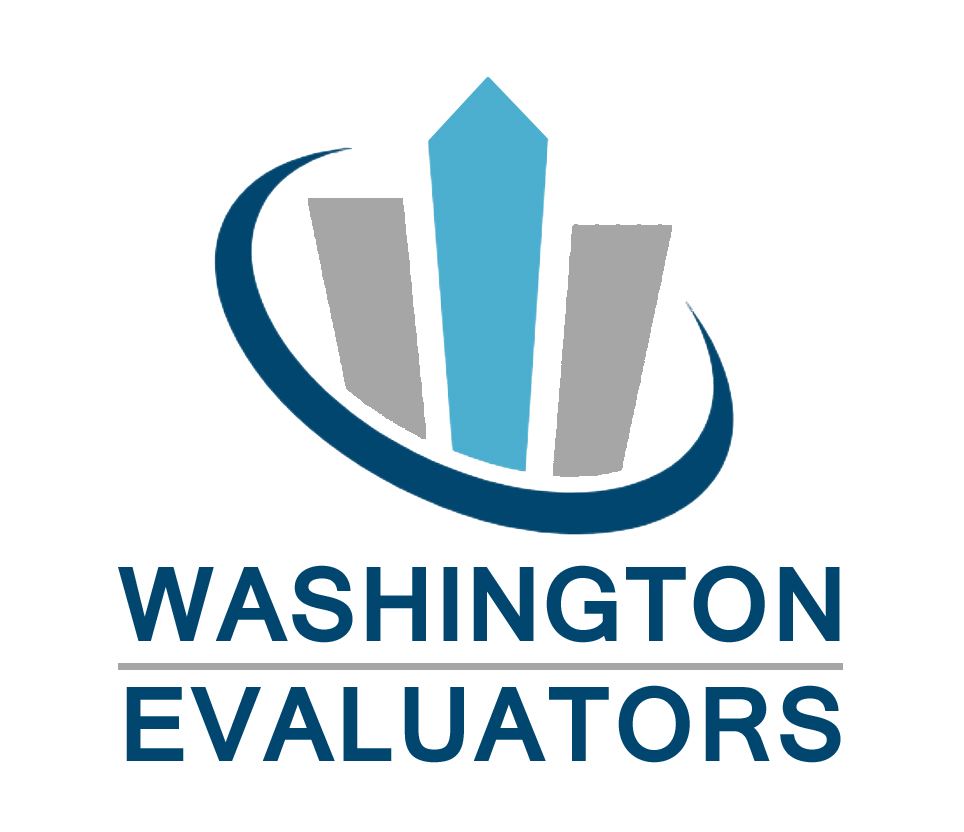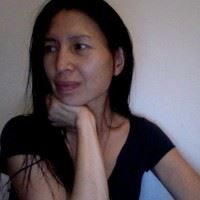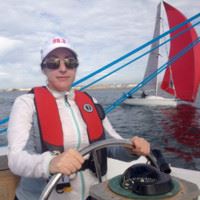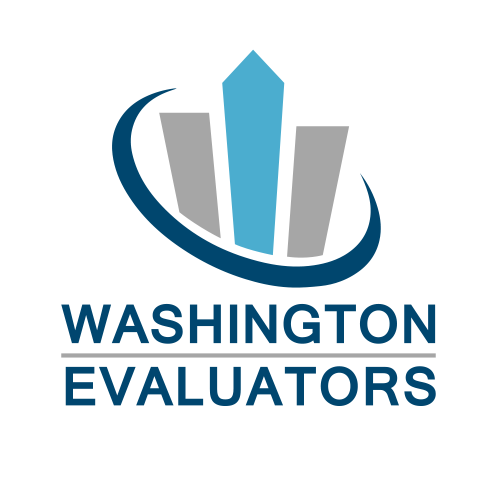|
Thu, Deborah and Jessica joined forces in 2019 to support Soul Force, a 20 year old social justice organization with a mission to end the religious and political oppression of LGBTQI people through relentless nonviolent resistance. Soul force had described their need as:
"
We are in the process of completing an 18-month strategic planning process,
the first such plan we have had to provide long-term guidance to our work in almost a decade.
[...] As we move into vying for larger and longer term grants–alongside telling our story
to our community with greater clarity–we need consultation on our evaluation metrics that
more adroitly communicate the impact of our work. Because so much of our work
hits on internal transformation and deep, subtle cultural change, with much of the work taking
place in our spiritual healing and educational pillars, we find ourselves needing fresh
measuring tools and frameworks for holding ourselves accountable to our theory of change
and vision for liberation in a way that expresses "activity" and "intention." We also struggle
to present the outcomes of our work as "impact" rather than "output." As with most
things in our organization, an off-the-shelf definition of "progress" or "success" does not
fuel our spirits or assist us in making our work stronger, more effective, and convincing.
We would be so grateful to have partners in fitting our work and vision to the right kinds of
measures and infusing all that we do with a commitment to mature evaluation.
"
The team's pro bono contribution focused around conceptualizing recommendations for data collection methods and possible funding sources as well as the following deliverables:
1. Results Framework 2. Conceptual Framework diagram 3. Terms of Reference 4. Theory of Change
Today, we ask them about their EWB experience, lives as evaluators, and more:
----------
What do you love most about being an evaluator? Thu: I love the fact that I often get to learn a new sector/field. Because evaluation is crucial to every sector, I can apply my evaluation skills to a myriad of sectors.
Jessica: I like the investigation aspect of evaluations, how each one is its own research project. First, I get to learn about a project or organization. Then, I get to apply the latest methods to help them learn about themselves.
What originally interested you in serving as an Evaluator Without Borders in 2019? The reasons varied a little bit with the three of us. Thu wanted to have an opportunity to support an organization with evaluation work locally as her work is international; Deb wanted to do more hands-on evaluation work; and Jessica loves evaluation and wanted to also provide M&E assistance.
What is one piece of advice you would give to a prospective Evaluator Without Borders? The key elements are to listen to [your client's] needs and motivation for wanting evaluation work. Sometimes organizations are so busy doing the work but haven’t had time, resources, and capacity to set up a system to document and capture progress, outcomes, and potential impacts. Our organization had been successful in obtaining funding over the years but they didn’t have an agreed-upon (or drafted) logic model or theory of change. One of our recommendations to them was to articulate the goals and objectives of their activities and agree on what to measure and why this is important.
How do you see the future of evaluation? How will it change in the next 5, 10, or 20 years? Jessica: Evaluation is about to get even more amazing because of the data explosion. We’re going to have more opportunities to help organizations optimize their results through predictive analytics, machine learning, and a few other things we haven’t had access to previously. We’re also going to have to sort through a lot of rubbish tactics through trial and error, learn what works for a particular sector and what doesn’t necessarily resonate with that audience. Methods research and development is one of the best parts of evaluation work, in my opinion.
What non-evaluator skill do you incorporate into your evaluation practice, how and why? Thu: Mindfulness or conscious communication skills!
Jessica: I’m trying to improve my listening skills. They’re garbage. I’m always thinking over top of other people’s talking unless they tailor their speech to me specifically. It’s a bad habit.
|










